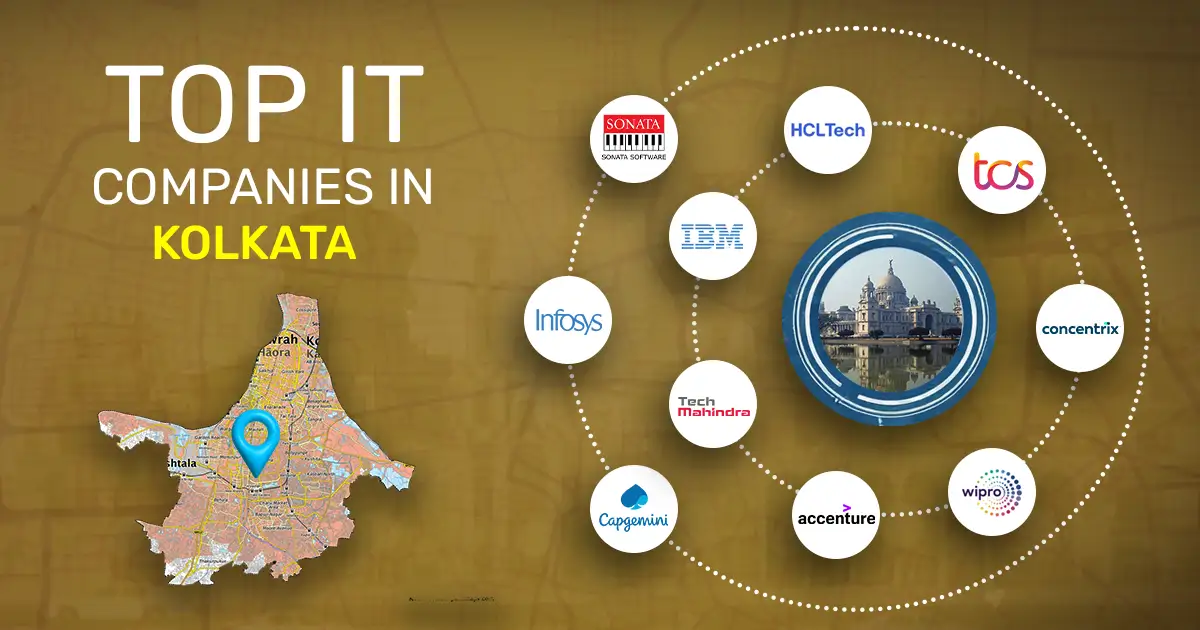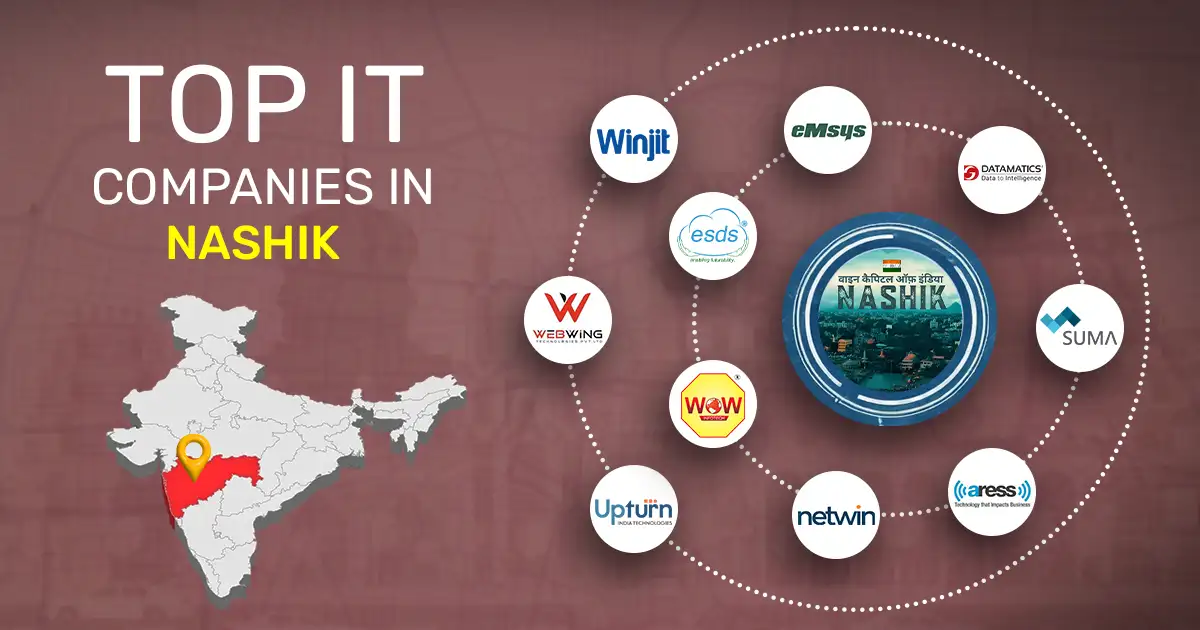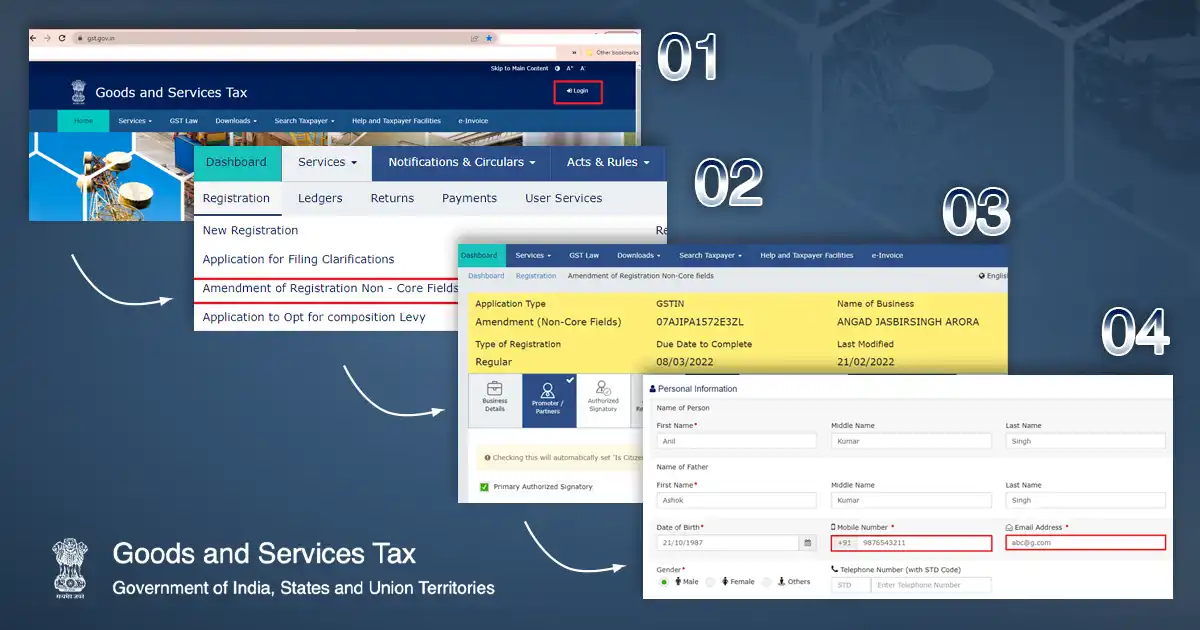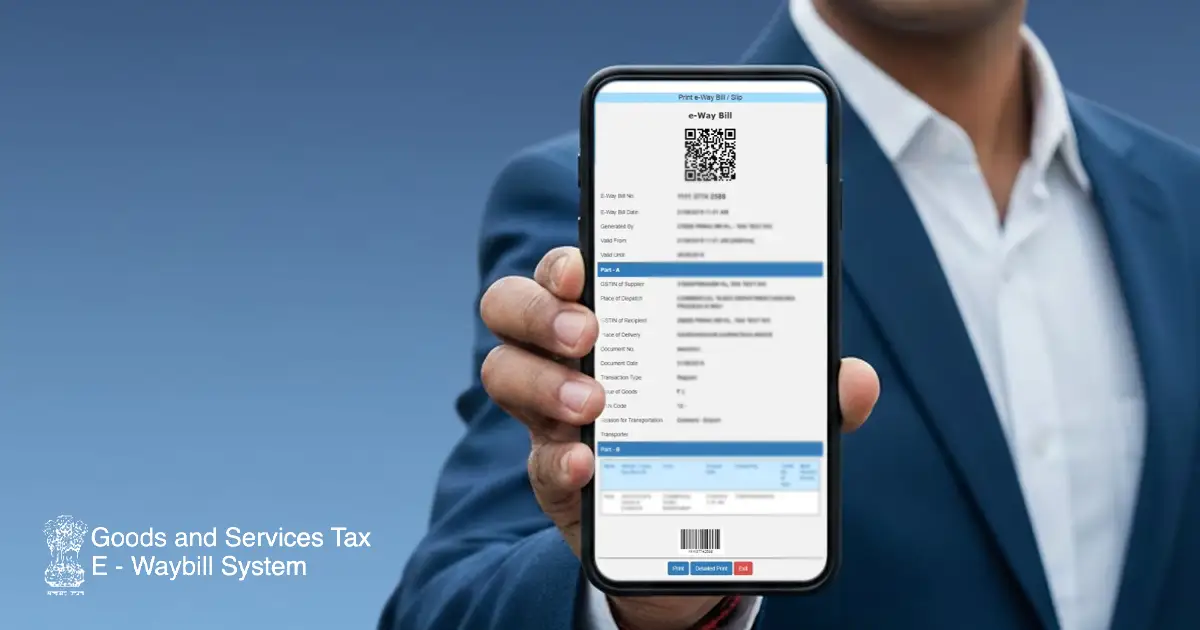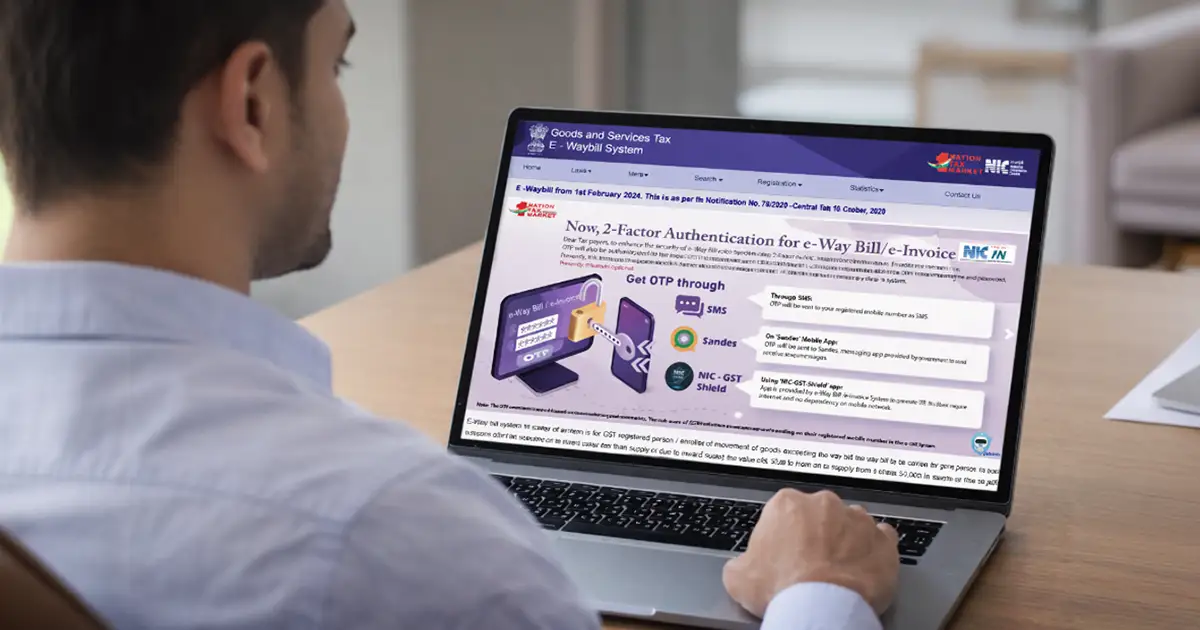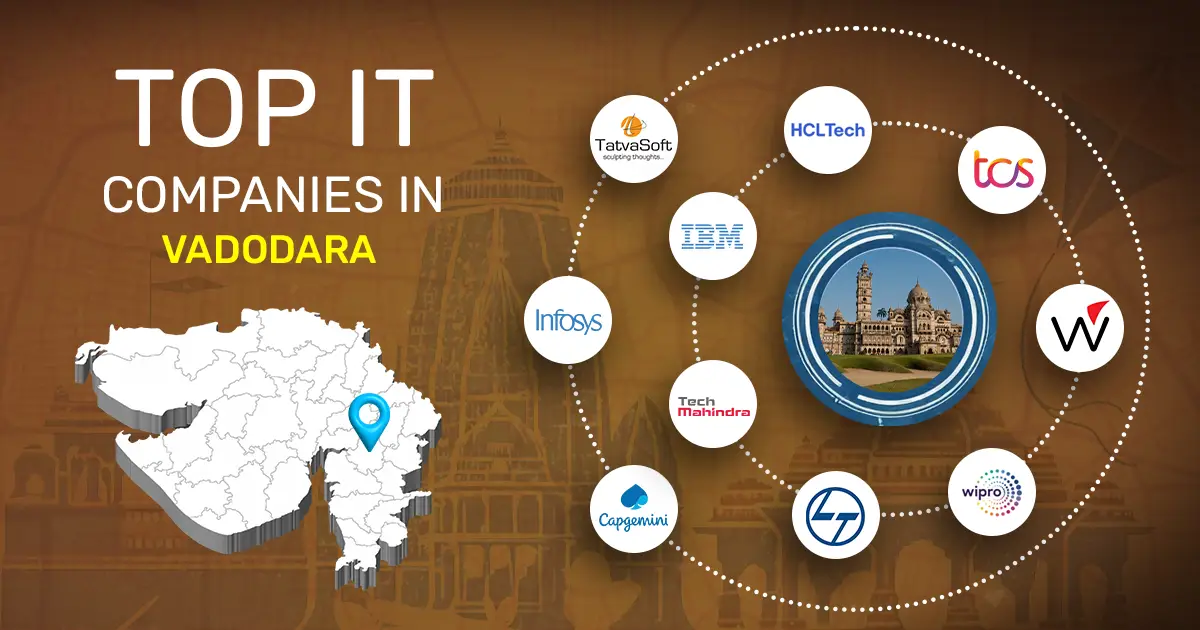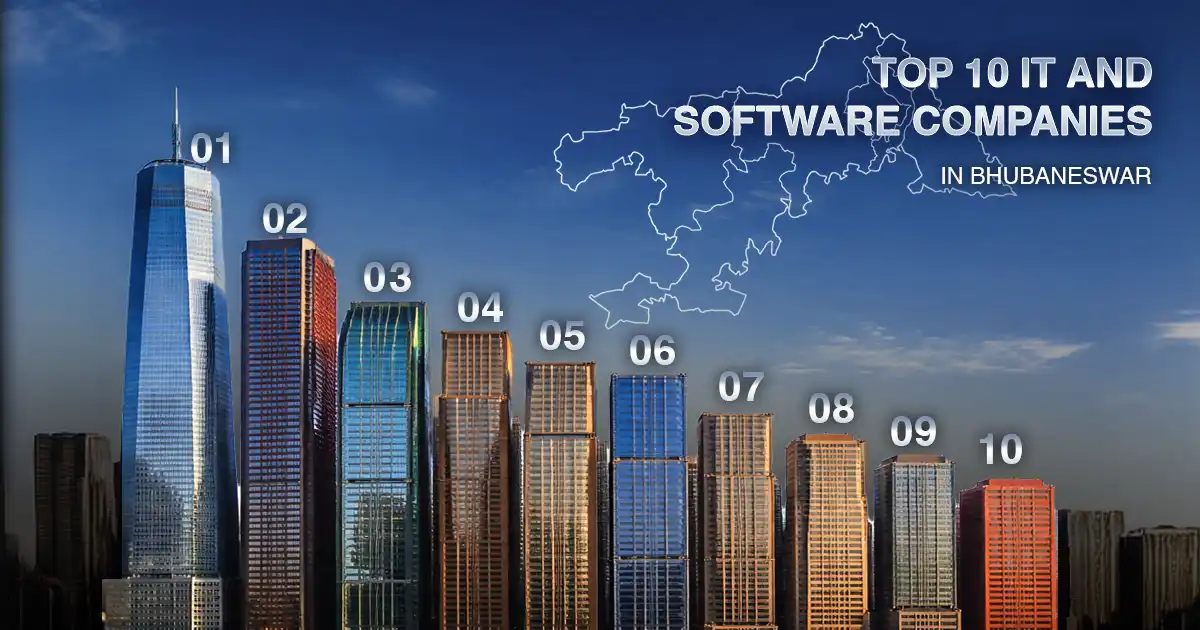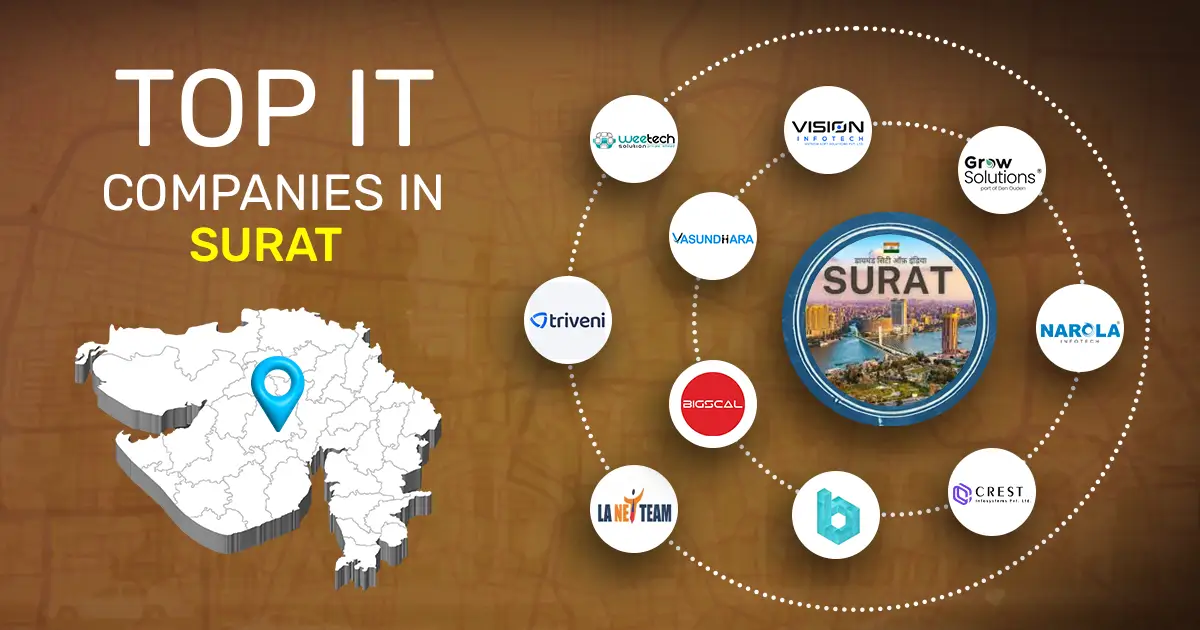NSIC stands for National Small Industries Corporation, a Government of India enterprise established in 1955 to support and promote Micro, Small, and Medium enterprises (MSMEs). NSIC runs the Single Point Registration Scheme (SPRS), which allows qualified MSMEs to participate in government procurement. Through NSIC registration, a small business can access government tenders, financial support schemes, and marketing assistance.
NSIC registration is a voluntary certification under the SPRS that allows MSMEs to be listed with NSIC for government purchases. NSIC is an ISO-9001:2015-certified Public Sector Undertaking (PSU) under the Ministry of MSME. It aims to aid small businesses by providing integrated support in finance, marketing, and technology. An NSIC-registered unit can bid for government contracts reserved for MSMEs and avail of benefits like free tender sets and EMD exemption.
Is NSIC Registration Compulsory?
No. NSIC registration is not mandatory for MSMEs. It is an optional certification that businesses can obtain to gain additional benefits. However, it is highly beneficial for those wanting access to government procurement opportunities and related support programs. All applicants must first have a valid MSME (Udyam) registration; NSIC then supplements the Udyam number with its own SPRS certificate.


